Security Measures for Your Airbnb
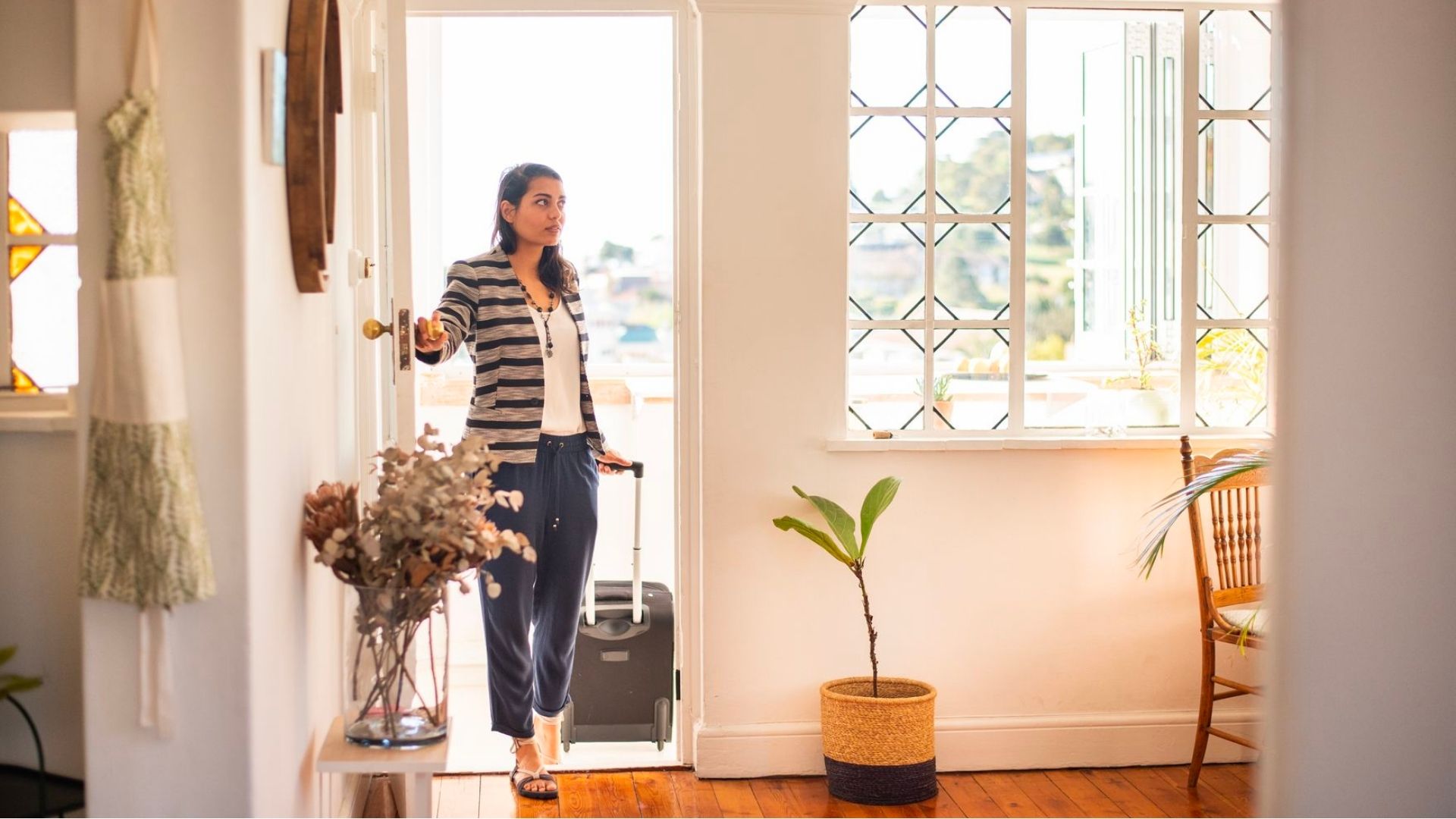
Whether you’re a seasoned Airbnb host or just starting out, ensuring your property’s and guests’ well-being is paramount. In this comprehensive guide, we’ll walk you through essential security measures to protect your Airbnb and provide a worry-free experience for your guests.
From smart locks to surveillance systems and everything in between, we’ve got you covered. Let’s dive into the world of Airbnb security and take your hosting game to the next level.
Importance of Airbnb Security
When it comes to booking accommodations through Airbnb, security should always be a top priority. As both hosts and guests participate in a sharing economy, trust and safety are essential for a positive experience.
For hosts, ensuring the security of their property and personal belongings is crucial. Security measures such as secure locks, surveillance cameras, and thorough guest screening can help protect their investment. On the other hand, guests must also be vigilant about their safety.
Verifying the legitimacy of a listing, communicating through Airbnb’s secure messaging platform, and respecting house rules are vital steps in ensuring a secure stay. Overall, prioritising Airbnb security safeguards the interests of both hosts and guests, fostering a sense of trust within the platform’s community and allowing everyone to enjoy their stays worry-free.
Essential Locking Mechanisms
Locking mechanisms safeguard our homes, possessions, and personal safety. Various types of locking mechanisms are available, each designed for specific purposes.
Deadbolt locks, for instance, are a staple for home security. They provide exceptional resistance to forced entry and are often used on exterior doors. On the other hand, keyless entry systems offer convenience and flexibility, allowing a property owner to enter using codes or smartphone apps.
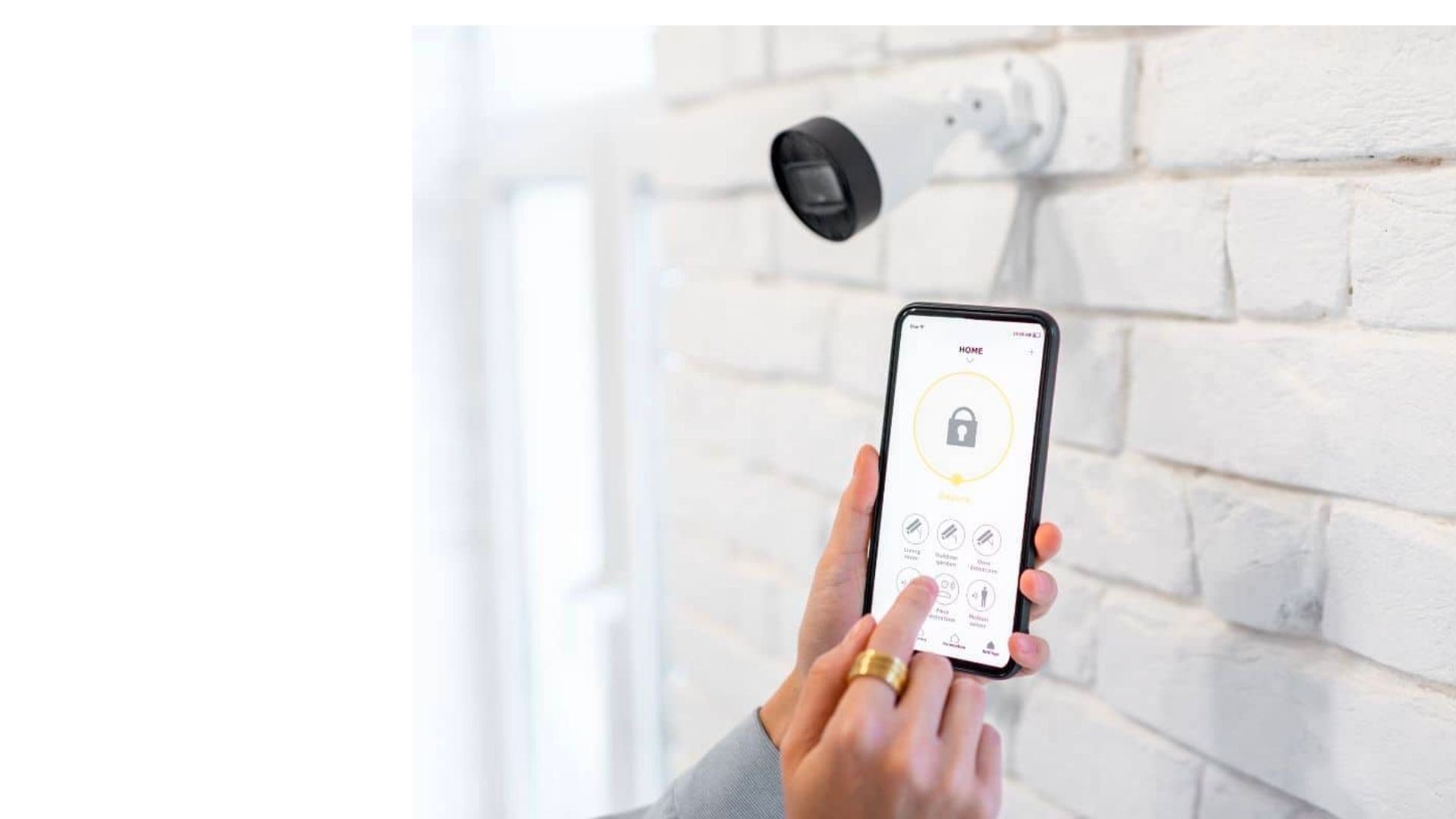
For sliding doors and windows, sliding bolt locks are essential to prevent unauthorised access. Additionally, smart locks have gained popularity, allowing remote monitoring and control of your locks through a mobile device.
Whichever locking mechanism you choose, ensuring they are of high quality and properly installed is essential to maintain the security of your property and loved ones.
Surveillance and Monitoring
In today’s world, more than locking mechanisms alone are needed to ensure comprehensive security. Pairing them with surveillance devices and monitoring systems is essential for a more robust defence against potential threats.
Surveillance devices like cameras, strategically placed around your property, act as a proactive deterrent and provide valuable evidence in case of incidents. Modern technology has made monitoring your premises remotely easier through smartphone apps or computer software.
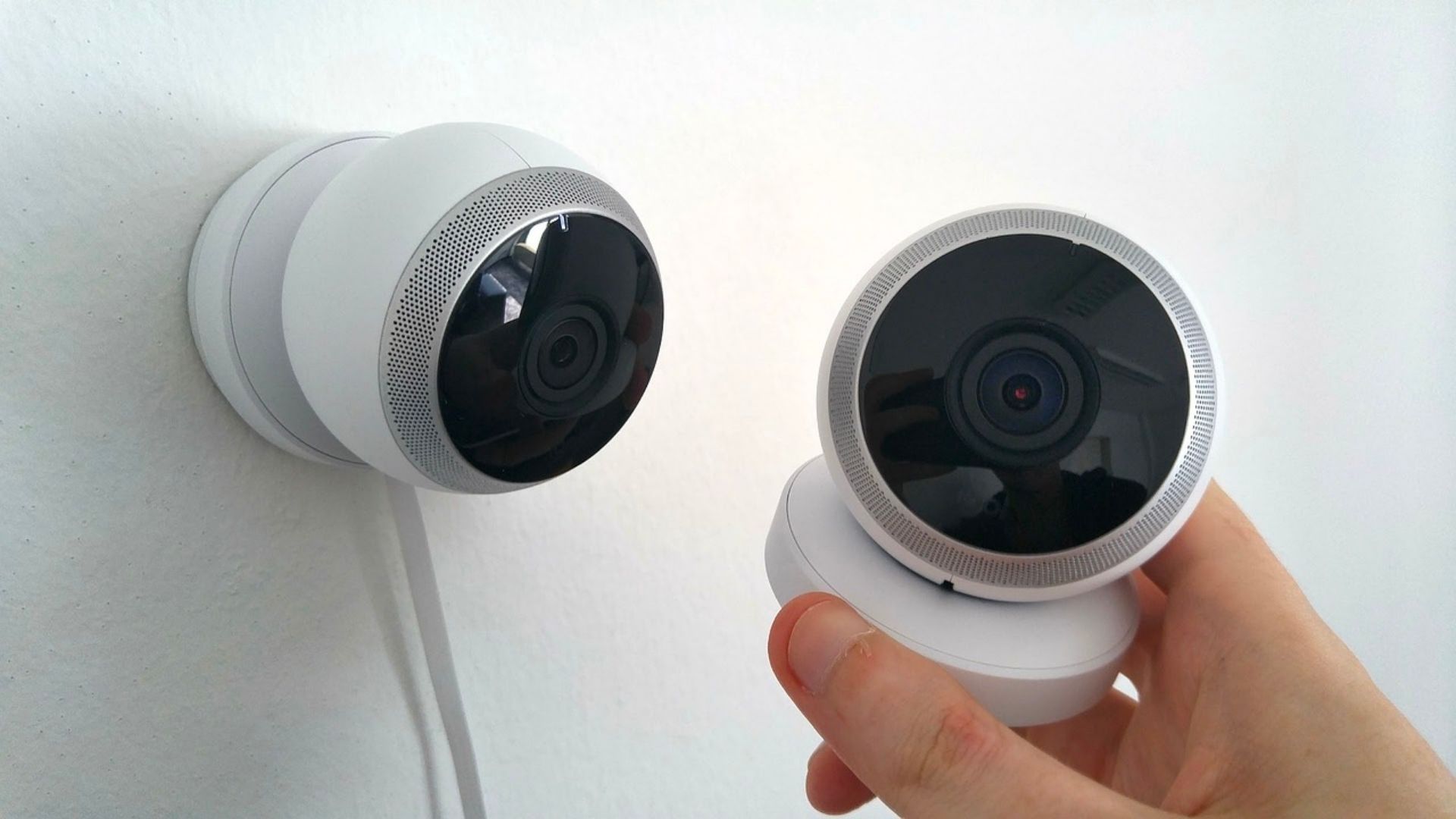
Additionally, alarm systems with motion sensors and door/window sensors add an extra layer of protection. These systems can alert you and the authorities in real time when suspicious activity is detected.
By combining locking mechanisms with surveillance and monitoring, you create a comprehensive security solution that helps safeguard your home and offers peace of mind, whether you’re at home or away.
Secure Self-Check-In
Self-check-in procedures have become increasingly popular, especially in the hospitality and vacation rental property industry. They offer convenience to guests and hosts, allowing flexible arrival times. However, ensuring the security of self-check-in processes is vital.
Digital Locks
Utilising digital or smart locks is one of the most secure ways to facilitate self-check-in. These locks can be programmed with unique codes for each guest, which expire after their stay, eliminating the risk of unauthorised access.
Secure Communication
Hosts should communicate check-in instructions securely through the platform’s messaging system or via encrypted email. Avoid sharing sensitive information, such as door codes, through unsecured channels.
Guest Verification
Implement a robust guest verification process, including identity checks and reviews. Platforms like Airbnb property often provide verification services, but hosts can also ask for additional identification upon arrival.
Emergency Contacts
Provide guests with emergency contact information for the host and local authorities in case of any security issues during their stay.
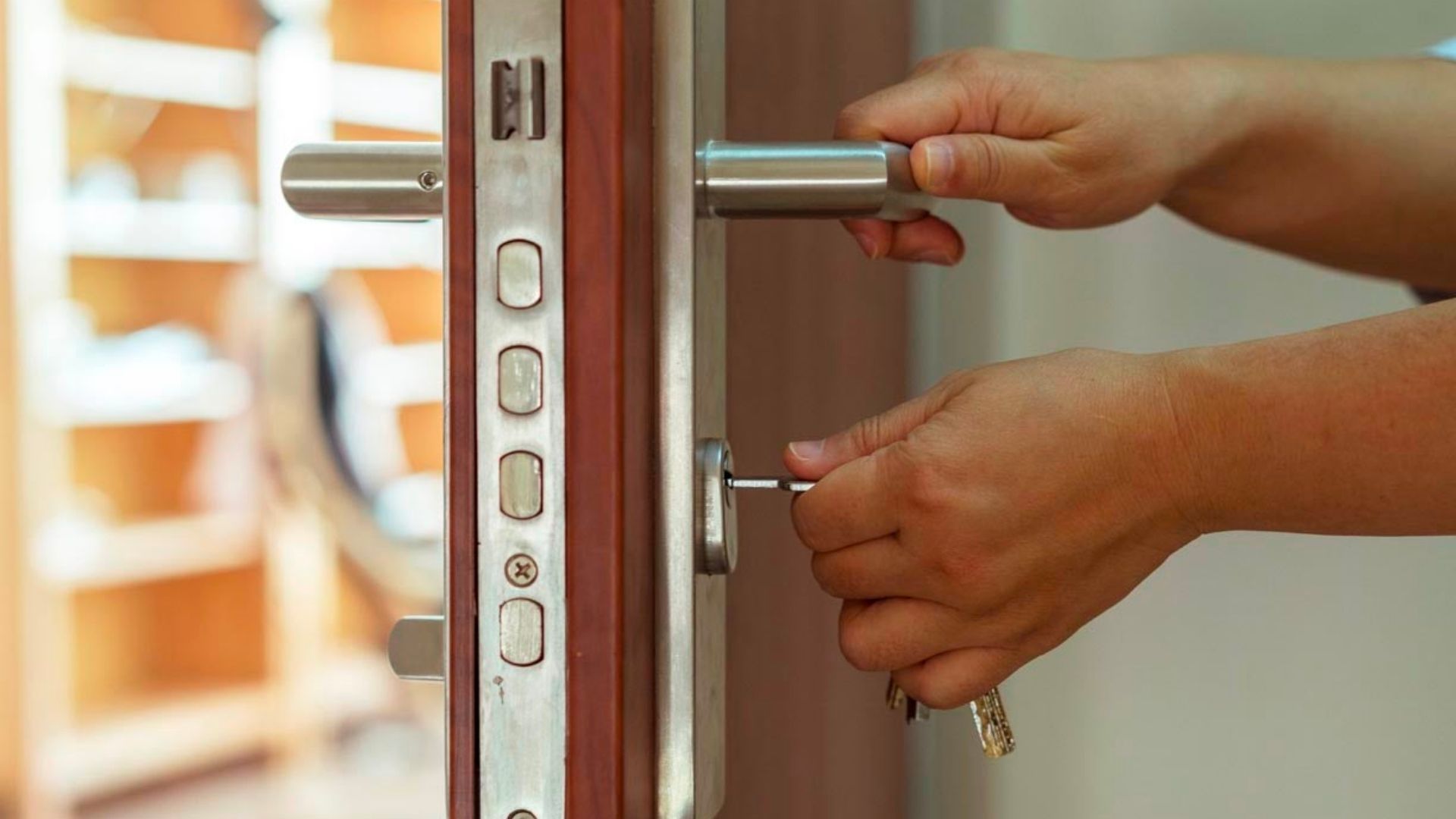
Security Cameras
If feasible and in compliance with privacy laws, security cameras can help monitor the self-check-in process, ensuring guests are who they claim to be.
Clear Instructions
Ensure check-in instructions are clear and easy to follow to minimise confusion and potential security risks.
Check-In Window
Specify a check-in window to limit the time guests can access the property, reducing the chances of unauthorised entry.
Remote Monitoring
Hosts can remotely monitor access to their property through smart lock apps, receiving notifications when guests check in, adding an extra layer of security.
Emergency Preparedness
Emergency preparedness is important to maintaining safety and security, especially in high-risk regions prone to natural disasters like floods, hurricanes, wildfires or earthquakes. It is crucial for individuals and communities to be ready to respond quickly in case of an emergency situation. Having an emergency exit plan in place and assembling an emergency preparedness aid kit are key steps to take.
Emergency Kits
Building an emergency kit is a fundamental step. These kits should include essentials like non-perishable food, water, first-aid supplies, flashlights, batteries, and important documents. Customise the kit to meet the specific needs of your household.
Communication Plan
Establish a communication plan with family members or close friends. Ensure everyone knows how to contact each other in case of separation during an emergency.
Evacuation Plans
Develop evacuation plans for various scenarios like fires, floods, or severe storms. Know the nearest evacuation routes and shelters.
Stay Informed
Keep abreast of weather forecasts and emergency alerts. Many government agencies provide apps and websites for real-time information.
Home Safety
Regularly inspect and maintain your home for safety. Install smoke detectors, carbon monoxide detectors, fire alarms, and fire extinguishers. Secure heavy furniture and objects that could pose risks during earthquakes or storms.
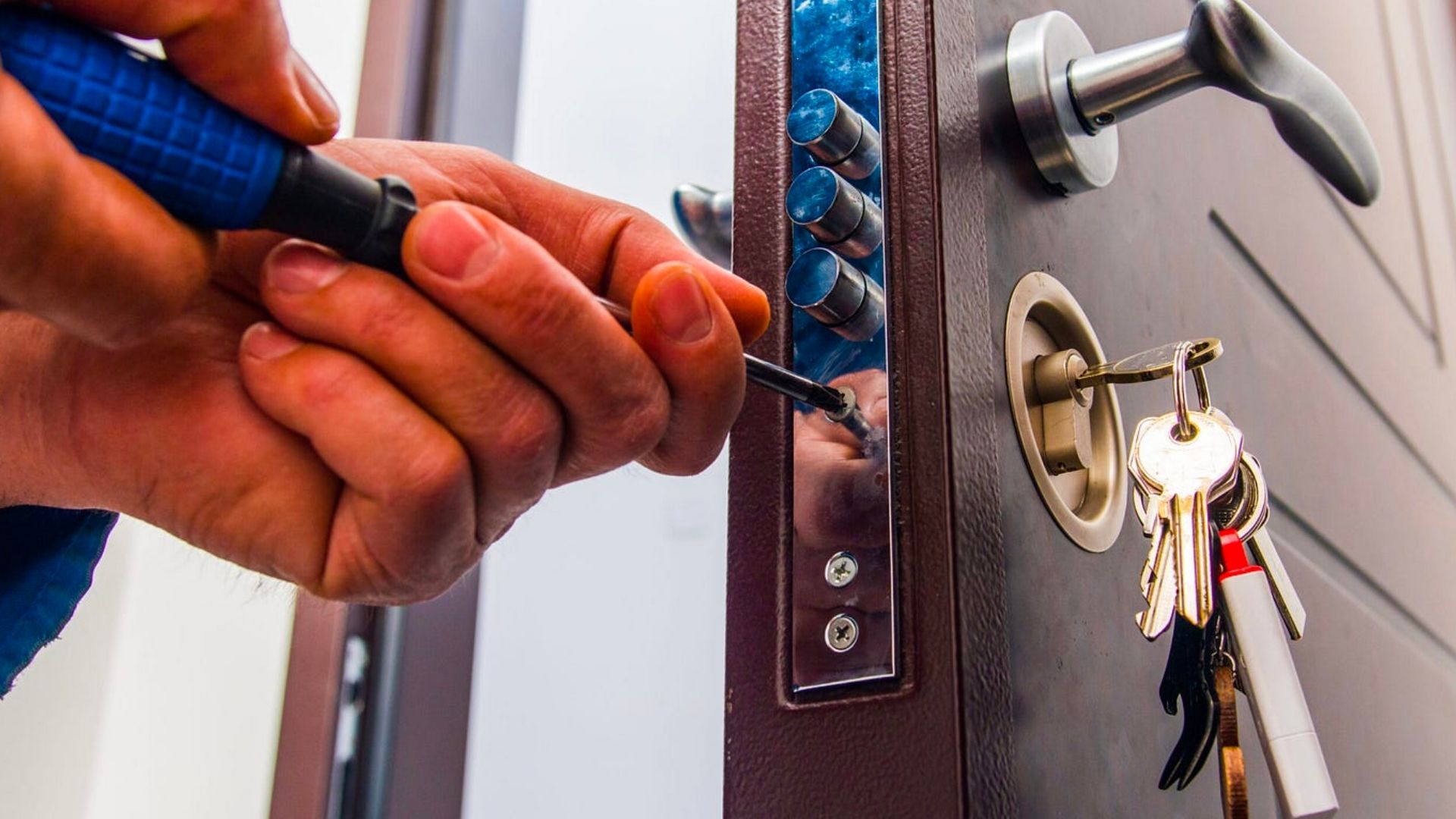
First Aid Training
Learn basic first aid and CPR. These skills can be invaluable in emergencies.
Financial Preparedness
Maintain an emergency fund to cover unexpected expenses. Consider insurance policies that provide coverage for natural disasters or accidents.
Community Involvement
Engage with your local community’s emergency preparedness efforts. Participate in drills and exercises to familiarise yourself with response procedures.
Digital Backup
Create digital copies of important documents, such as passports, birth certificates, and insurance policies. Store them securely in the cloud or on an external drive.
Long-Term Planning
For long-term preparedness, consider factors like retirement planning and investments that can provide financial security during unforeseen circumstances.
Remember that emergencies come in various forms, from natural disasters to public health crises. Being prepared not only enhances your safety but also contributes to the resilience of your community. Regularly review and update your emergency preparedness plans to adapt to changing circumstances and ensure that you and your loved ones are ready for whatever may come your way.
Guest Education and Communication
Educating and communicating well with guests is important to ensuring their satisfaction and safety during visits. A hospitality business needs to clearly inform guests about essential policies, procedures and any unique safety practices in place.
Important information about checkout times, payment options, code of conduct, smoking/vaping policies, valet/parking details, and emergency evacuation plans should be provided. Notifying guests about on-site amenities and services like the pool/fitness areas, room service, shuttle service, etc., is also beneficial.
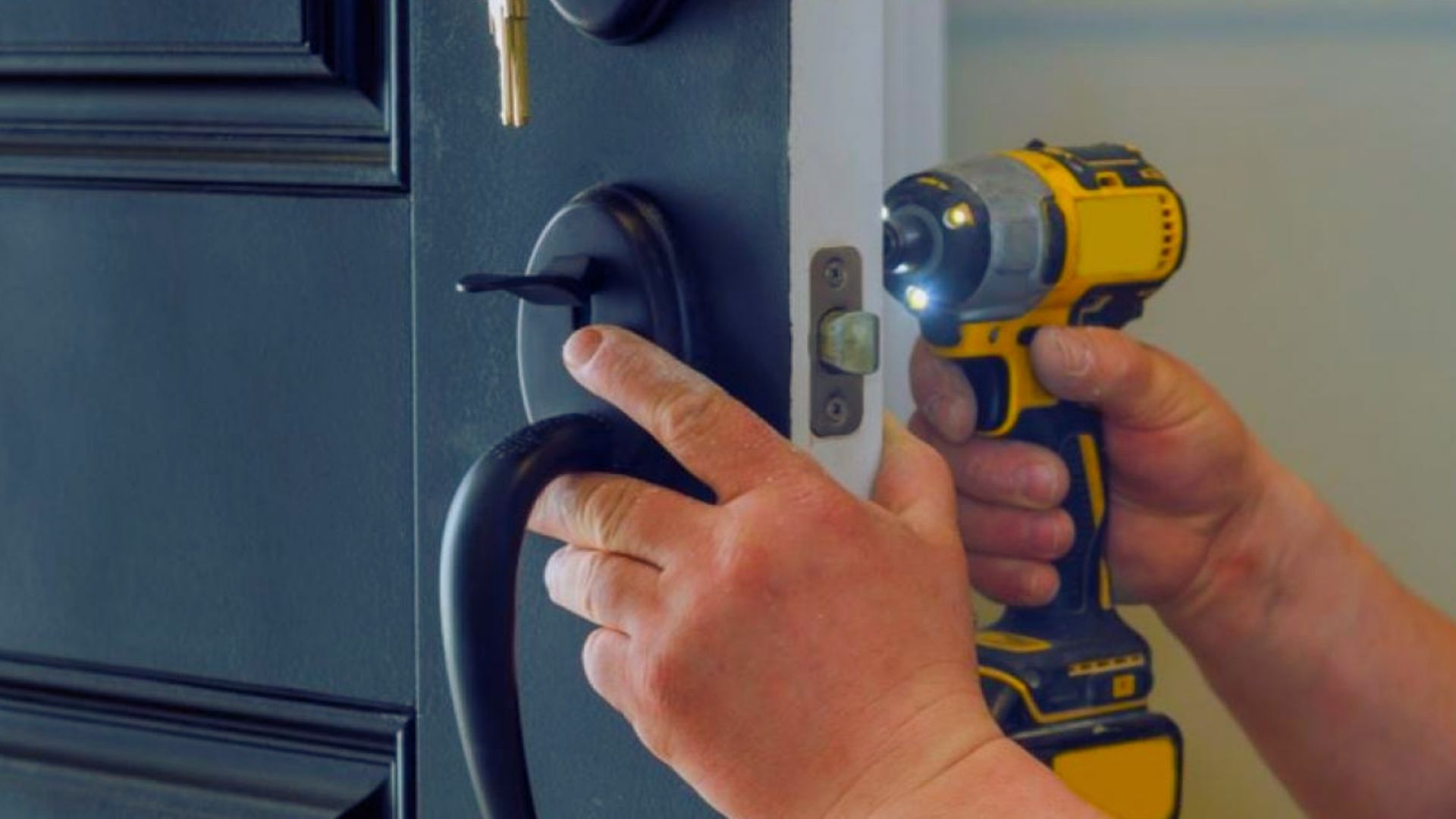
Surveys and feedback mechanisms help evaluate how effectively guests are receiving messages. Additional education may be required through signage, digital displays or guest packets for topics like sustainability best practices, local cultural guidelines or current promotion details. Overall, guest comprehension is key to their positive experience and compliance with facility protocols.
Peace of Mind for Every Stay
As we wrap up our exploration of security measures for your Airbnb platform, remember that a safe and secure property not only safeguards your investment but also enhances the trust and comfort of your guests. While you’ve gained valuable insights into various security strategies, one key element in this equation is having a reliable locksmith on your side.
When it comes to ensuring the safety of your Airbnb property, implementing robust security measures is paramount. From installing fire alarms and hidden cameras to setting clear expectations for guests, these precautions can provide peace of mind for both hosts and visitors. By taking steps to protect valuables, maintaining secure access, and staying vigilant for any suspicious activity, you can create a welcoming environment that prioritises the security and well-being of everyone involved in the Airbnb experience.
At Express Locksmith, we specialise in providing top-notch locksmith services tailored to the unique needs of Airbnb hosts. Whether you’re from Ernest or Coomera, our team is dedicated to ensuring your property’s security with cutting-edge solutions, from high-security locks to emergency lockout assistance. With our expertise and 24/7 availability, you can rest assured that your property and guests are in safe hands.
Don’t leave your Airbnb’s security to chance. Contact Express Locksmith today, and let us help you create a secure, welcoming, and worry-free environment for your guests. Your peace of mind is just a phone call away.


